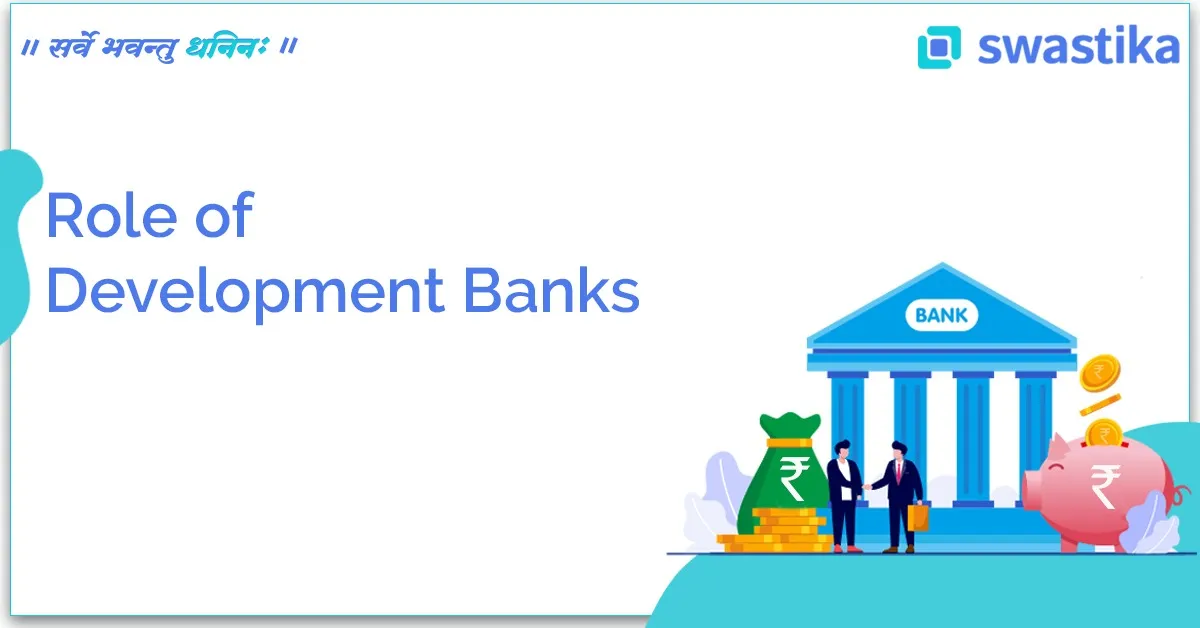Right Entitlements of shares a term that recently made the headlines these days when India’s famous brokerage firm reported that it lost a huge amount of Rs 10 Crore in expired Rights Entitlements.
Rights Entitlements is a fresh concept that was introduced in India’s share markets only in 2020 with RILs Rs 53,125 crore rights issue.
Rights Entitlement is issued by a company launching its share to its shareholders, which ultimately give them the right to subscribe to the issue or sell it to the other investors. Rights entitlement are issued similar to the rights issue in the same ratio to the shareholders as on the record date.
As per the capital market regulators SEBI, a shareholder may trade the entitlement in favor of another person for a price.
Before getting a deep down into this, let’s have a quick understanding of what Rights Issue is:
In a Rights Issue, a company gives its shareholders the right to buy more shares at a discounted price.
Here, the Rights shares issued by a company are of two types: Fully paid-up shares or partly paid shares. In fully paid-up shares, you don't have any obligation to the company which means you don’t have to pay any additional amount to the company as you are a shareholder with limited liability.
If your company has partly paid rights share to you, then in this case you need to pay installments over a given period. In case, if you failed to pay the fixed amount decided by the company, you need to pay interest on the called amount.
The rights entitlement has a specific time frame within which one has to apply for rights share or sell it before they stop trading. These instruments cannot be traded on an intraday basis. Hence, one has to take delivery of these instruments before applying for the rights issue within the issue period or selling them again in the stock market.
Several investors have zero clues on what it is and have just bought them from the market thinking it will be like regular shares in the market. Some of them have not applied for the rights share within the issue period and saw them disappear from their Demat account.
Rights Entitlement - A New Instrument
In January 2020, SEBI did an announcement regarding the launch of rights entitlements tradable in the Demat form. The Right Entitlement instrument was first made available to the shareholders of Reliance Industries when its rights issue launched in May 2020.
All the shareholders will get Rights Entitlement credited to their Demat account after a few days from the record date. Rights Entitlement usually traded in the secondary market for a definite period of time.
For instance, if you had 15 shares of Reliance Industries and the companies announced that they are raising more funds through the Rights issue at a ratio of 1:5 at a price of Rs 1200. You will get 3 quantities of Rights Entitlement that you can choose to apply for the rights issue or sell in the secondary market.
What Happens If You Don't Apply for the Rights Issue through Rights Entitlement
The Rights Entitlement will lapse at the rate of 0 and the RTA (Registrar and Share Transfer Agent) will debit the REs from your Demat Account. To make use of REs that were credited to the DEMAT account, you can either sell it in the secondary market or apply for the Rights Issue shares.
Difference Between Fully Paid Up Shares and Partly Paid Up Shares
Fully Paid Up Shares
When a company is raising funds in a shot and issues the actual shares if the client is applying for the rights issue, it is said to be a fully paid up issue. The company will announce the price at which an eligible shareholder can apply for the Fully paid Rights Issue a few days before crediting the Rights Entitlement to the Demat account.
M & M financial services announced a fully paid up rights issue in the month of January 2021, where the shareholders 1 Rights Entitlement (RE), against 1 share of M&M financial services and the RE holders had the rights to apply up for the fully paid up shares at the rate of Rs 50 (including a premium of Rs 48 per fully paid-up equity share).
Partly Paid Up Shares
Here, a company is said to raise funds partially with a formal notice to the shareholder on every call. Irrespective of one applying for the next partly paid up shares will get extinguished with zero value, so it's better to apply for the next call or to sell it in the secondary market as it will trade for a temporary period of time in the secondary market.
Example:
Reliance Industries announced a partly paid up rights issue in May 2020 where the RE holders had the right to apply for the partly up shares of Reliance Industries and the company is set to raise funds in the first call (From May 17, 2021, to May 31, 2021) at the rate of Rs 314.25 per partly paid-up equity share.
And the second call will be in the month of November. We recommend you either pay the first call in order to carry forward to get the next partly paid-up shares or sell them within the last trending day which is on 10 May 2021. Contact us to learn more.


.png)




.webp)
.webp)

.webp)






